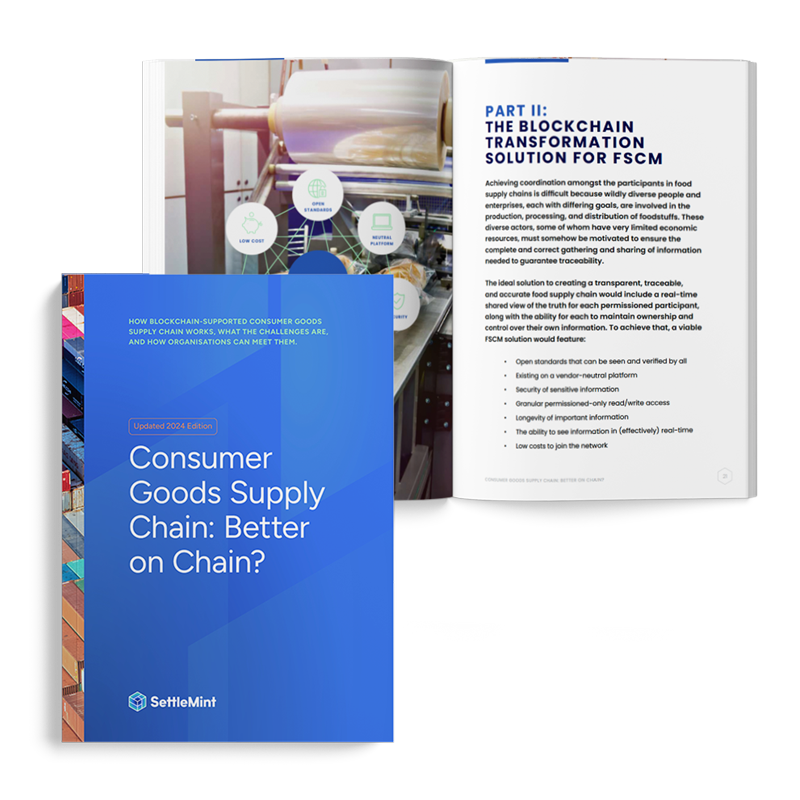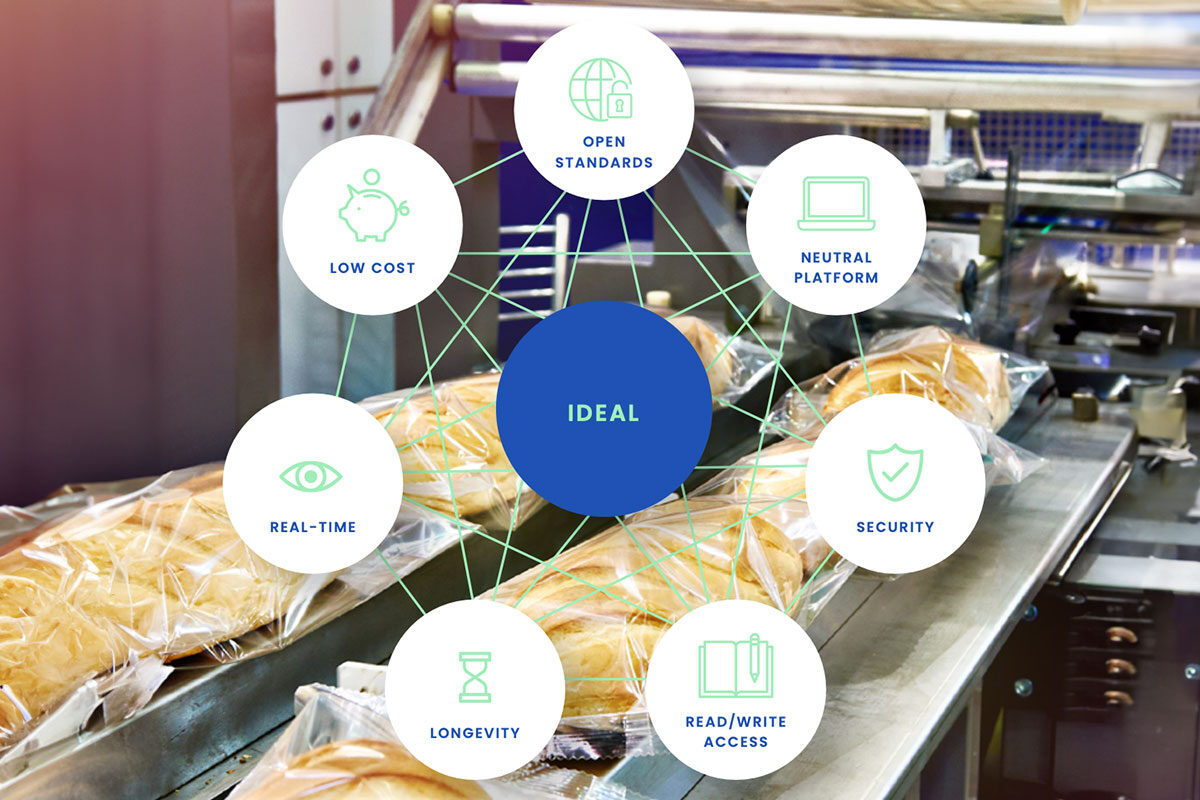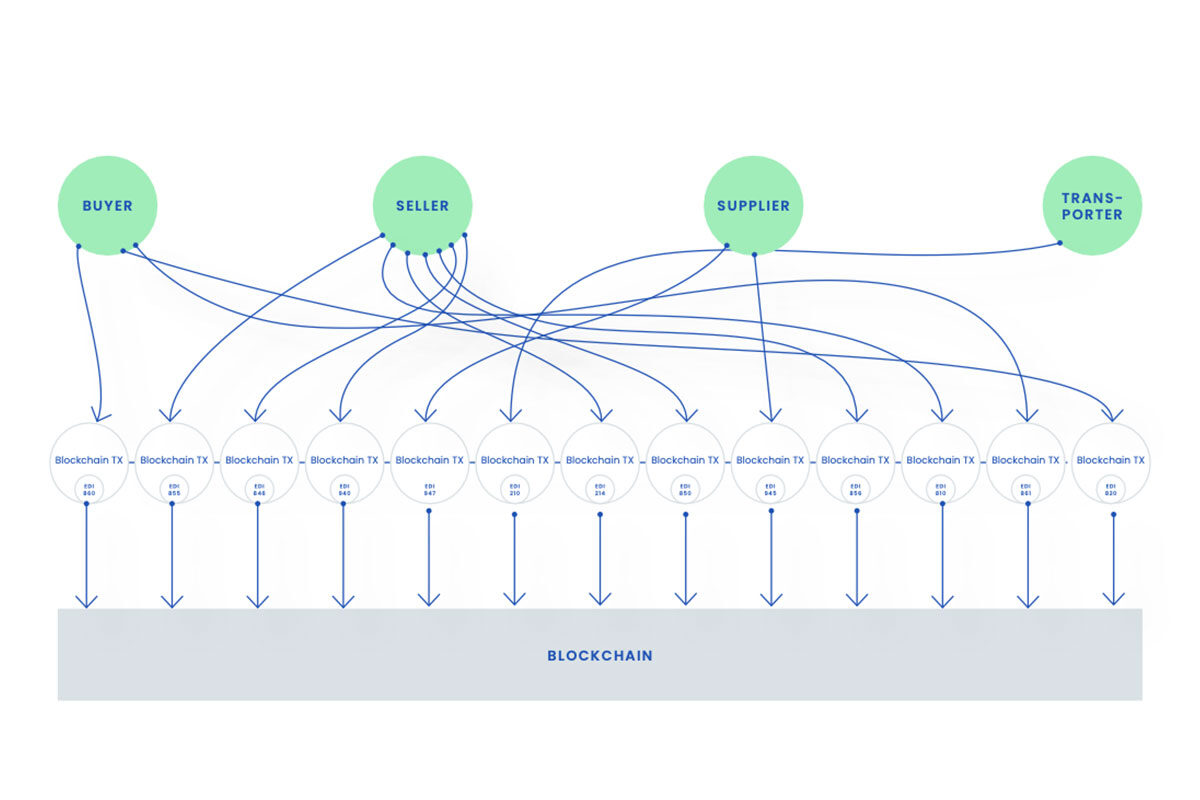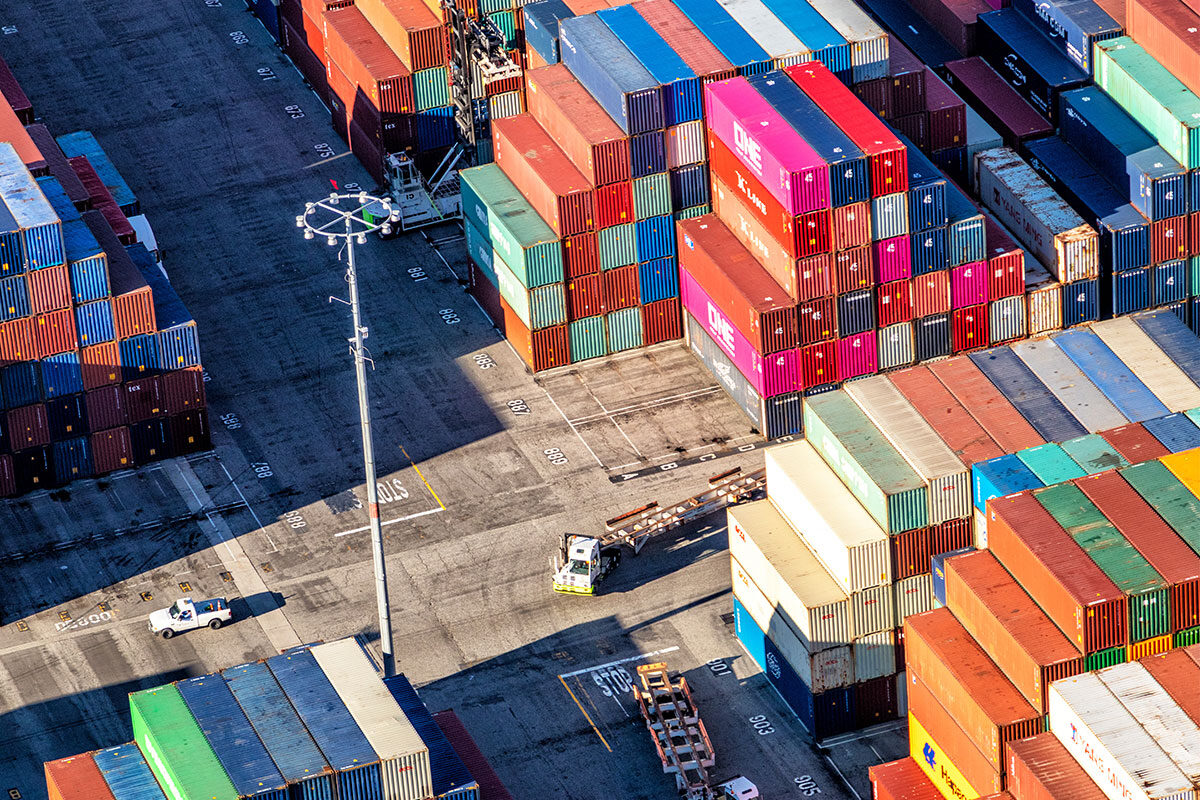Consumer Goods Supply Chain:
Better On Chain?
Learn from early adopters, get strategic insights and explore use cases.

Discover how blockchain drives traceability and sustainability in FMCG supply chains, in our freshly updated edition for 2024.
![]()


What's inside

Challenges in current FMCG
supply chain
Explore the complexities and inefficiencies in today’s food supply chains, including issues with traceability, documentation, and coordination among diverse participants.

The impact of blockchain
Understand how blockchain-supported FSCM can address these challenges by enhancing transparency, traceability, and efficiency. Learn about the real-time, immutable, and decentralized nature of blockchain technology and how it can revolutionize food supply chains.

Real-world case studies
Read about successful blockchain deployments in FSCM, including initiatives by AB InBev, Carrefour, and more. These case studies demonstrate the tangible benefits of blockchain in improving food safety, reducing waste, and boosting consumer trust.

Practical solutions
Gain insights into best practices for implementing blockchain in your supply chain, from forming consortia to incentivizing first-mile producers and ensuring interoperability with existing systems.

Efficiently managed food supply chains can positively impact communities worldwide by reducing waste, improving sustainability, and ensuring fair compensation for quality producers. Blockchain technology is poised to be the solution that overcomes the current inefficiencies in FSCM, providing a comprehensive and impactful approach to managing food supply chains.
Don't miss out on this opportunity to stay ahead in the industry. Download the Minibook now and discover how your organization can leverage blockchain to transform your food supply chain, enhance operational efficiency, and meet sustainability goals.
Explore strategics insights and use
cases that solve these challenges
Consumer needs
are evolving
Consumers are more conscious and care about the provenance of the products they buy. Blockchain brings full visibility in the process, contributing to a positive brand experience, more trust in the brand, and a stronger feeling of engagement.
Supply processes
are inefficient
Typical challenges are visibility shortages, traceability breaches, no real time updates, paperwork.... Blockchain brings substantial savings on time and money through transparent and streamlined processes, better information sharing and forecasting, and reduced risk of mistakes.
Sustainability becomes a priority
Every company needs to rethink how they operate in the ecological, social, and economic environment. Blockchain contributes to sustainability goals through auditable, non-disputable, and transparent data to follow up on your key metrics.
There are a number of Industry 4.0 technologies that are transforming consumer goods supply chain management. From IoT to AI to Blockchain and DLT. But before you dive into the new supply chain frameworks, it’s important to realise that this is more than a technical implementation. Successful transformation also requires a change in mindset. You need to understand and accept that traditional models are falling short of customer expectations. Customers expect a fully traceable and sustainable supply chain. Early adopters have already proven that these different models have a direct impact on revenue and cost optimization. You can save yourself a lot of time and frustration by incorporating the learnings of these early adopters into your blockchain supported digital transformation.
Step one? Read this minibook.
